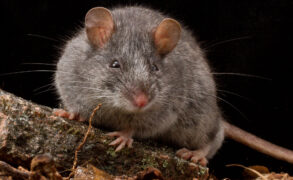
Reverse extinctions, Tasmanian tigers and smoky mice
The idea of bringing back extinct flora and fauna is not new, but the challenge is two-fold: first in sequencing a full genome from recovered DNA fragments, and then in taking stem cells…
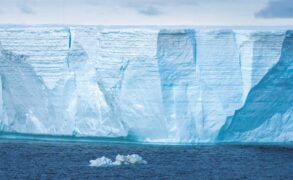
Groundwater could speed the loss of Antarctic ice
Australian research has uncovered groundwater beneath the Antarctic ice which may increase glacial loss and the rising of ocean levels. Antarctica preserves Earth’s largest ice sheet, and scientists have been warning for decades…

All cats are psychopaths
Most people know that cats can be unpredictable. Now, scientists have developed a test which proves that cats have psychopathic characteristics. Cats have been loved, valued and even worshipped by people for thousands…
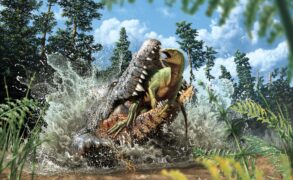
Crocodile eats dinosaur!
Neutron imaging of delicate fossils reveals what an ancient crocodile had for dinner. The Australian Age of Dinosaurs Museum has announced the discovery of Confractosuchus sauroktonos, a new genus and species of ancient…
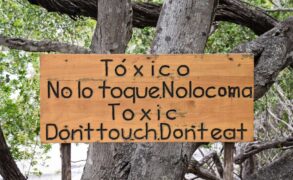
What is the world’s most toxic tree?
“I recently say a sign in Wingham Brush Nature Reserve, warning of giant stinging trees. Are there any trees more toxic than these?” The various species of Dendrocnide, such as the Dendrocnide excela…
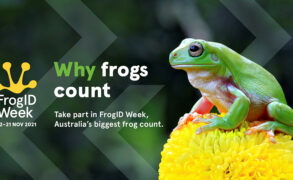
It’s Frog ID week – here’s how you can help
More than 240 frog species are under threat from climate change, bushfires, floods, habitat loss and degradation, and disease. You can help save them by taking part in the fourth annual FrogID Week, 12-21…
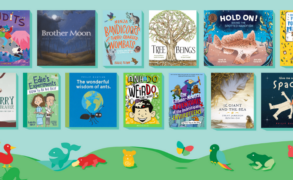
Nature Book Week – free online events from 6 September
The Wilderness Society’s Nature Book Week starts on 6 September, with science communicator Dr Jen Martin as his year’s Nature Book Week Ambassador, leading a series of workshops, talks and events – just…

Could we use solar power to purify drinking water?
There has been significant recent research into the possibility of desalination using photo-thermal evaporators powered only by sunlight. The problem has been achieving an efficiency high enough to make such devices practical. Scientists…
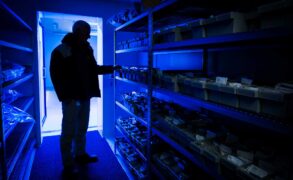
Australia’s new leader in botanical science
Australia has a new scientific institute that brings together an astoundingly broad sweep of botanic research organisations and collections, services and facilities. The Australian Institute of Botanical Science is positioned to become a…
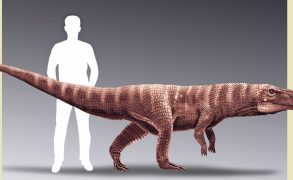
This prehistoric croc was faster on two legs, despite having flat feet
Scientists have found evidence that crocodile ancestors walked on their hind legs – like a Tyrannosaurus rex. Modern crocodiles crawl forwards with four legs all to the sides, but 120 million years ago,…


